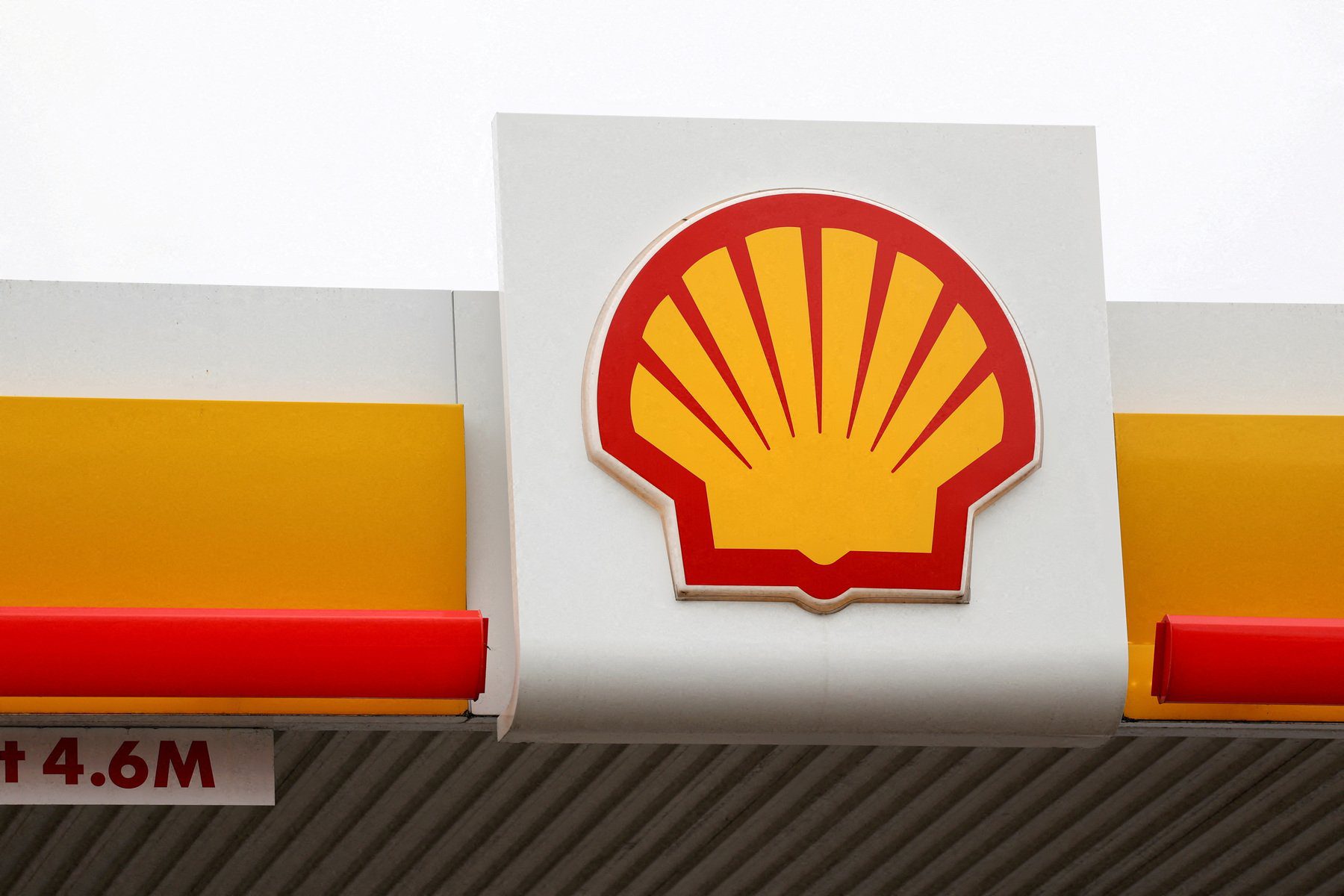Anglo-Dutch Shell seeks to advance its plans to reduce emissions from its operations, along with achieving increased returns for shareholders through a balanced energy transition; The company is working to reduce emissions from its operations and from the fuels and other energy products it sells to customers, in order to move toward its goal of becoming a carbon-neutral energy company by 2050.
The company will brief investors – during today’s meeting, Wednesday (June 14, 2023) – on its strategy to create more value with fewer emissions, and achieve increasing returns for shareholders through a balanced energy transition.
And she stressed – in a press release seen by the specialized energy platform – that she will continue to invest in providing a secure supply of energy, while actively working to reduce carbon emissions.
“We are investing to provide the safe energy customers need today and for a long time to come, as we transform Shell to win a low-carbon future,” said Wael Sawan, the company’s chief executive officer.
“Performance, discipline and simplicity will be our guiding principles, as we allocate capital to enhance shareholder dividends, while enabling the energy transition.”
Shell Dividend
Enhanced focus on performance and stronger capital and cost discipline will increase shareholder dividends by 30-40% of cash flow, compared to 20-30% previously, through a combination of dividends and share repurchases.
Shell will raise the dividend per share by an expected 15%, starting with the interim dividend in the second quarter of 2023, payable in September, according to the statement.
Share buybacks of at least $5 billion will begin for the second half of 2023, subject to Board approval.
Capital spending will be cut to a range of $22-$25 billion annually for 2024-2025, from a planned range of $23-$27 billion in 2023.
The company has also structurally reduced its annual operating cost by $2 billion to $3 billion by the end of 2025.
Less emissions
Shell is making good progress towards its goal of becoming a carbon neutral energy company by 2050, by reducing emissions from its operations and from the fuels and other energy products it sells to customers.
Shell will continue to make progress by setting a target of nearly reducing methane emissions by 2030, eliminating regular flaring from upstream operations by 2025, and moving faster than the World Bank’s 2030 Reduction of Standard Flaring initiative.
The company plans to invest $10-15 billion over the period 2023-2025 to support the development of low-carbon energy solutions, including biofuels, hydrogen, electric vehicle charging, and carbon capture and storage.
“We need to continue to create profitable business models that can be scaled to truly impact the decarbonization of the global energy system,” Sawan said. “We will invest in models that are feasible, have the highest returns, and play to our strength.”
Safe power supply
In order to provide a secure supply of energy, Shell also confirms that it will grow its leading integrated gas business and maintain its leadership in the global LNG market.
It will expand its distinguished position in exploration and production operations to achieve continuity of cash flow by stabilizing liquids production until 2030, according to information seen by the specialized energy platform.
The company leverages its brand, customer relationships and commercial strengths to optimize value from investments it has made in refining, renewables and energy solutions, while helping customers across the transportation and industrial sectors decarbonize.
Shell will enhance its marketing performance, while building leadership positions in low carbon fuels and electric vehicle charging, as well as investing in disciplined hydrogen and carbon capture and storage to create options for the future.
The company will also reposition its energy and chemicals footprint to offer more low-carbon solutions to its customers, by conducting a strategic review of its assets in the power and chemical complex on Singapore’s Bokum and Jurong islands, and increasing its European footprint.
The Bokum refinery – which is the only refining and petrochemical center wholly owned by Shell in Asia – can process 237,000 barrels per day of oil, according to Reuters.
The company will also invest selectively in electricity, focusing on markets where its business activities and customer access can help generate higher returns, while using access to renewable electricity to enable growth in low carbon energy solutions.

Leave a Reply